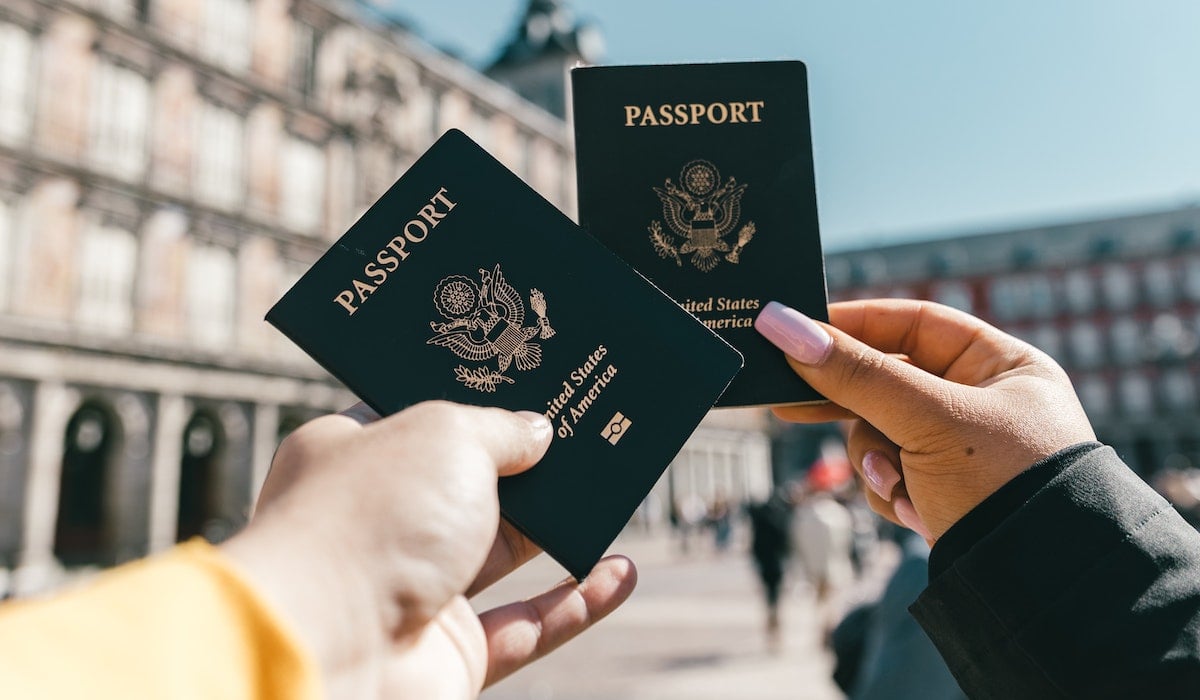US Visa
Boost Your Freedom Without Compromise.
- Who offers the CHEAPEST program available.
- Who offers the BEST program available.
- What you need to qualify?

United States Visa: A Brief Overview
- The US offers a wide range of visa types, including tourist (B-2), business (B-1), student (F-1), and work visas (H-1B, L-1), among others, catering to various purposes of visit.
- First-time applicants must complete the online application form (DS-160), pay the visa fee, schedule an interview, and prepare the necessary documentation.
- Requirements for a tourist visa include proof of financial stability, ties to the home country, and a valid reason for the visit.
- The processing time for an application can vary greatly, from a few weeks to several months, depending on the visa type, applicant's nationality, and specific circumstances.
- Common reasons for rejection include insufficient ties to the home country, incomplete application forms, and lack of evidence for the trip's purpose or ability to finance the stay.
United States visas are official documents issued by the U.S. Department of State that allow foreign nationals to enter the United States for various purposes, including tourism, business, study, employment, and immigration.
The type of visa you need depends on the purpose of your visit to the United States. Here are some key points about U.S. visas:
- Who offers the CHEAPEST program available.
- Who offers the BEST program available.
- What you need to qualify?
 Free Consultation
Free Consultation Easy to Use
Easy to Use 100% Safe & Secure
100% Safe & Secure
Types of U.S. Visas
There are several categories of U.S. visas, including but not limited to:
- Tourist (B-2) Visa: For temporary visits for tourism, vacations, or visits to friends or relatives.
- Business (B-1) Visa: For temporary business-related visits, such as meetings, conferences, or negotiations.
- Student (F-1) Visa: For international students pursuing academic studies in the United States.
- Work (H-1B) Visa: For temporary employment in a speciality occupation.
- Immigrant Visas (Green Cards): For individuals seeking to become permanent residents of the United States, either through family sponsorship, employment, or other eligibility categories.
Visa Application Process
To obtain a U.S. visa, applicants typically need to complete the following steps:
- Complete the online visa application form (DS-160).
- Pay the non-refundable visa application fee.
- Schedule an appointment for a visa interview at a U.S. embassy or consulate in your home country.
- Attend the visa interview, where a consular officer will determine your eligibility based on the purpose of your visit, ties to your home country, and other factors.
Visa Waiver Program (VWP)
Some travellers from certain countries can visit the United States for tourism or business purposes for up to 90 days without obtaining a visa through the Visa Waiver Program.
Travellers must apply for an Electronic System for Travel Authorization (ESTA) before boarding a flight to the United States.
Duration and Conditions
U.S. visas come with specific conditions, such as the allowed duration of stay and the activities you can engage in while in the United States.
It's crucial to adhere to these conditions to avoid immigration violations.
Extension and Change of Status
In some cases, you may be able to extend your visa's duration or change your visa status while in the United States.
However, this usually requires approval from U.S. Citizenship and Immigration Services (USCIS).
Visa Ineligibility
Certain factors, such as criminal history, immigration violations, and health issues, can make individuals ineligible for a U.S. visa.
Some applicants may be able to apply for a waiver of ineligibility.
Visa Fees
U.S. visa applicants are required to pay non-refundable visa application fees, which vary depending on the type of visa and country of application.
Processing Times
Visa processing times can vary depending on the type of visa, the volume of applications, and the specific U.S. embassy or consulate.
Applicants are advised to apply well in advance of their intended travel dates.
Biometrics
Some visa applicants may be required to provide biometric information, such as fingerprints and photographs, as part of the application process.
Validity
U.S. visa validity varies by type. Tourist visas (B-2) and business visas (B-1) are often issued for multiple entries over a period of 10 years, while other visa types may have different validity periods.

It's essential to consult the official website of the U.S. Department of State or the website of the U.S. embassy or consulate in your home country for the most up-to-date information on U.S. passport and visa requirements, application procedures, and fees, as these can change over time.
- Who offers the CHEAPEST program available.
- Who offers the BEST program available.
- What you need to qualify?
 Free Consultation
Free Consultation Easy to Use
Easy to Use 100% Safe & Secure
100% Safe & Secure





